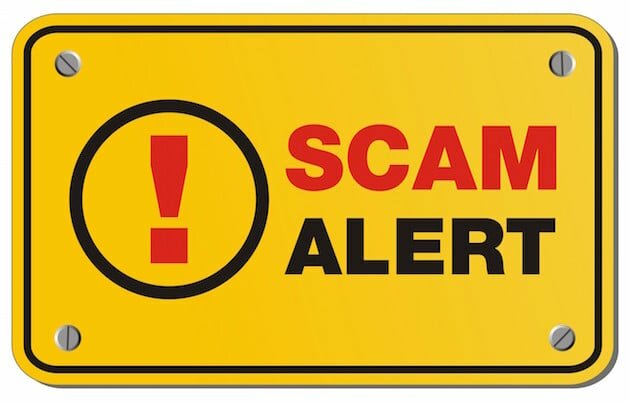The ancient notion of "Buyer beware," or caveat emptor, is particularly important when it comes to real estate. While the property market has become probably one the most documented markets available, buying homes still offer fertile fields for scammers and those looking to run off with people's hard-earned money. So, for anyone looking to dive into the real estate market, a couple of key factors are critical for protecting one's money as well as obligations in a home loan before becoming a statistic as well.

The traditional method of listing a home for sale is through a real estate agent and public listing. This is the type of home sale most people see in real estate sale systems and newspaper ads. However, private sales are quite possible as well, and many times they seem attractive by cutting out the commission fee costs associated with a standard real estate agent and broker being involved. Unfortunately, private sales also offer great opportunities for scammers to steal people's money. The typical routine involves selling a home at an amazing off-list price when the seller doesn't even own the home or have title to it. Craigslist has been a common online platform for these scams. With a few opportune showing dates, a few lies about being an agent, and the scammer can easily dupe a buyer into believing a home sale is legit. Then, when the sale goes through with little paperwork and an upfront payment, the buyer finds the money is gone and the home was never for sale, a double-loss.
Even if a sale follows a legitimate process, ridiculous down payments and "holding" deposits are common and used by less-than-professional real estate agents to make extra income. Many first-time buyers get snagged by this scam, especially in new housing developments. In many cases, the money does nothing for the sale, and it operates simply as a fee to have an opportunity to buy a home. It's applied the most during very hot markets where homes are going in minutes after listing or being made available in new subdivisions. Because the deposit hold fee is contractual and agreed to by the parties, it doesn't meet the letter of illegality, but it definitely isn't ethical in real estate sales.
You've probably seen the commercials about title insurance and preventing title theft and thought somebody was making it up. However, this scam is very real and happens all too often. Worse, it doesn't even need to engage with a buyer. Title theft involves filing a fake title change to a property with the local government office that records home titles and their official owners. This is literally the legal record of who owns a house. When the fake transaction goes through, the real owner doesn't get a notice, and the fake owner can then turn around and sell the home quickly. These sales move quickly in hyper markets where people buy homes unseen. Then the scammer runs off with the fake sale money, and the real homeowner gets a headache trying to recover his home title again. Title insurance is often included in a home sale, but continued insurance after a sale is needed to keep the protection in place. With the Internet making it easier to send false representations to consumers and agencies recording titles, it's only a matter of time before title theft goes digital.
Few things are more frustrating and anxiety-ridden than the threat of losing one's home. And when foreclosure notices arrive due to delinquent loan payments, then the threat of losing a home becomes very real. With at least 80% of homes being more than 20 years old in the U.S., the high majority of folks have life attachments to their houses. So, people panic and jump on whatever they can to get out of trouble, and this is where scammers step in. They know from public records who is in foreclosure, so victims are easy to target. And they pounce quick with offers to bail people out and solve their problems, but there's a catch. The victim has to pay a "service" fee for the help upfront. When that happens, the help and the fee disappear, and the person is deeper in the hole. It's a bit ironic; there's plenty of advice telling people to inspect their roof every three to five years, but nobody gives much advice on how to get out of foreclosure. And that makes it easy for scammers to step in.
With the amount of money involved in real estate growing, scammers aren't going to disappear. So folks have to be prepared by knowing what to look for. Awareness and prevention are really the best defense, and that will continue well past 2021.
Hi, Regina. This is a good article. I prosecuted real estate fraud from 1999 until 2009, and since then I have represented victims of fraud - primarily real estate fraud - in civil lawsuits. Two years ago, I founded a company, Veritable Data Solutions, to develop fraud prevention technology. Our first two products - the Veri-Lock Notary App and TitleShield - fight title fraud, which I have prosecuted and litigated many times.
If you need expert commentary on real estate related crimes, I'd be happy to help.